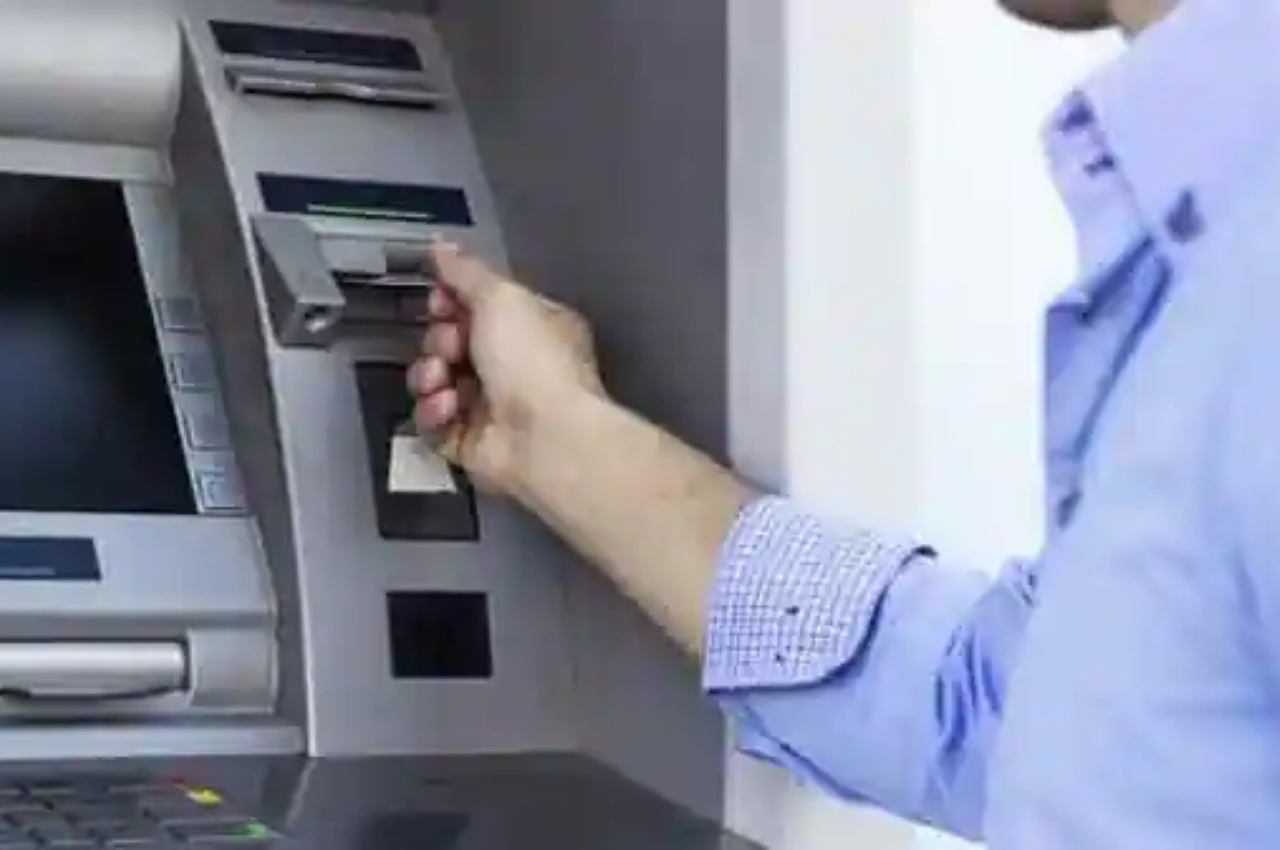New Delhi: Each month, a set number of free transactions at the ATMs are permitted by all significant banks, both in the public and private sectors. In addition to the complimentary transactions, which cover both financial and non-financial services, the lenders impose a fee with related taxes.
Depending on the type of account you have and the debit card you use, the number of free transactions at the ATMs may vary.
Beyond the permitted number of free monthly transactions, using the ATMs will incur fees.
In accordance with a regulation released by the Reserve Bank of India in June of last year, beginning on January 1, 2022, banks are permitted to charge 21 per transaction above the monthly free transaction limit at the ATM.
Previously, banks could charge 20 for each such transaction.
Customers are limited to three free transactions at other bank ATMs and five free transactions per month at their own bank’s ATMs. Customers in non-metro areas can use five free transactions at ATMs operated by other banks.
Starting on August 1, 2022, the RBI permitted banks to charge an interchange fee of 17 rupees ($17) for each financial transaction and 6 rupees ($6) for each non-financial transaction at all centres.
To cover the rising costs of ATM installation and maintenance, banks levy service fees on ATMs.
Depending on the type of card a customer has, all the major banks also impose an annual fee on debit cards or ATM cards.



